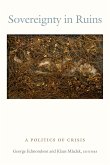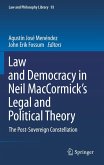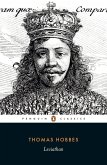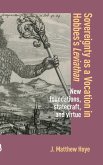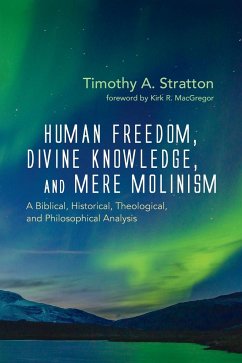Using the theory of encryption of power in a tight connection with the theory of archaism sheds light on sovereignty and thus politics. Archism is that prevailing form of power that seeks to go nameless insofar as it claims to be ubiquitous and just how politics is. The theory of encryption of power explains how the use of language monopolizes and hides power, preventing access to it through the denial and neutralization of differences based on class, race, and gender. Archism and the theory of encryption of power are intimately linked: one potentializes and sharpens the other to bring together a novel form and especially pernicious form of sovereignty and its role in our world. Coloniality exists because it encrypts power. The encryption of power hides the ubiquity of archism and, in this way, preserves and enhances its power. A transcendent model, one that poses as ordinary, dictates from a vanishing point of invisibility-outside language and any relation-the conditions to which every and any form of beingness must abide in order to be and thus to exercise power. This collection, edited by James R. Martel and Ricardo Sanín-Restrepo, explores these questions in parallel with decolonial theory and critical and subaltern studies, using conceptual tools that allow us to think difference without the interference of the void of normality, a position from where the possible may come to be. In the name of the people, the people are made vulnerable to dispossession and exclusion; in the name of democracy, democracy is undermined and potentially destroyed. Theorizing encryption challenges the linkages between liberalism and colonialism, capitalism and sovereignty, constitution and economy, and their claims of necessity.
Bitte wählen Sie Ihr Anliegen aus.
Rechnungen
Retourenschein anfordern
Bestellstatus
Storno


